Biden warns US will intervene if China decides to make military incursions into Taiwan
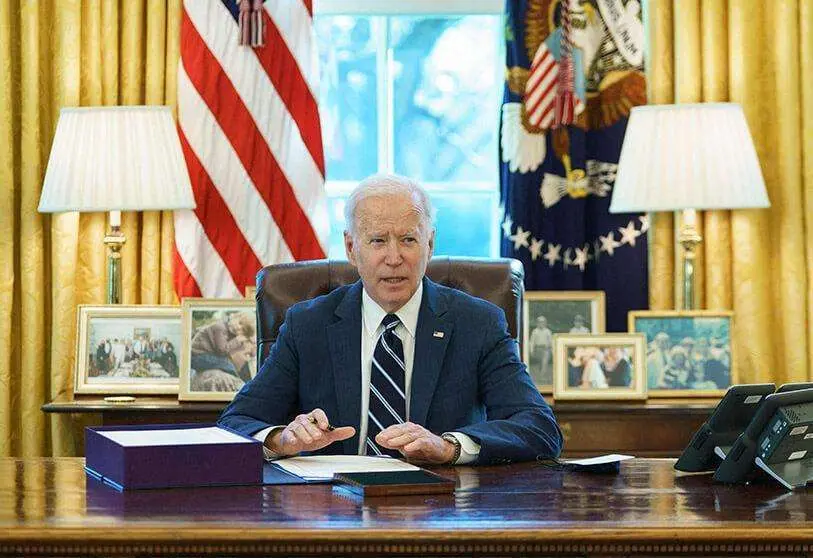
The President of the United States, Joe Biden, has travelled to Japan on what would be his second stop on his Asian tour in his quest to strengthen the US presence on the Asian continent in the face of threats from China and North Korea.
In his first statements, Biden referred to the eternal dispute between China and Japan over the sovereignty of the island of Taiwan, a confrontation of interests that threatens the stability of the region. In his first press conference in Tokyo, the US President indicated that the US military would intervene militarily should Beijing attempt to "take Taiwan by force".
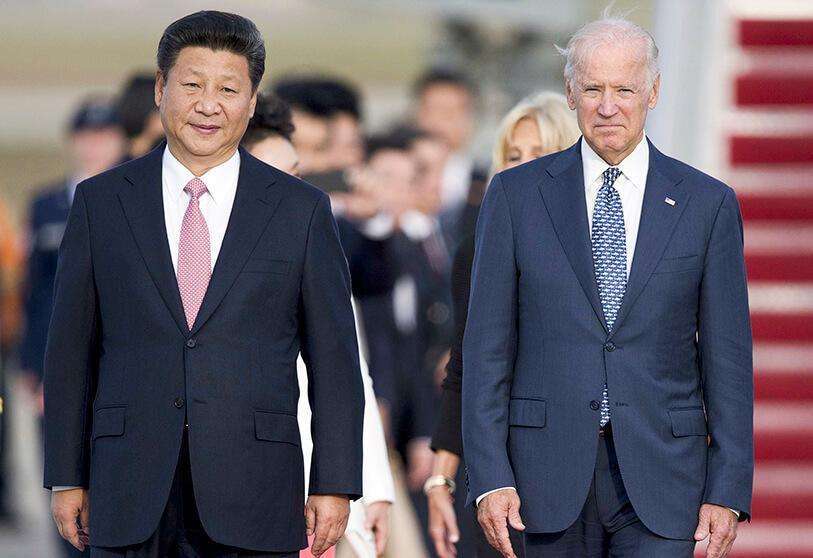
"The United States is committed to supporting a one-China approach, but that does not mean that China has the jurisdiction to use force to take Taiwan," he stressed. The US commitment is clear in the event that Beijing decides to intervene militarily in Taiwan, a territory that China considers to be an "inalienable" part of the country. So much so that such statements regarding the defence of Taiwan are nothing new in Biden's speeches.
The United States has almost continuously supplied Taiwan with arms while China has not ceased to threaten any nation that "meddles in Taiwan-related affairs". Indeed, this situation has led the US and Japan to outline "a response plan" that would be jointly executed should China decide to attack Taiwan.
Along these lines, Biden indicated that China "is already flirting with the danger of flying very low and other manoeuvres", but warned that the international sanctions imposed on Russia for its invasion of Ukraine send a clear message to Beijing in the event that it decides to invade the Taiwanese island militarily. The sanctions "send a message about the cost of trying to take Taiwan by force", which "would result in long-term condemnation", he said.
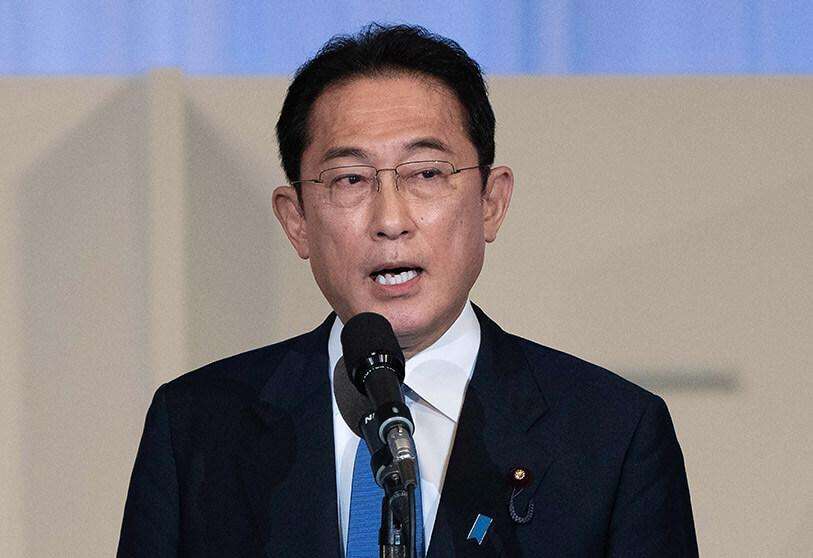
The remarks come after the US president met with Japanese Prime Minister Fumio Kishida during the first summit of the day in Tokyo, where they reiterated the importance of closer cooperation in the face of challenges in the region.
They said they would strengthen their already close cooperation in the face of "China's increasingly coercive behaviour" as well as North Korea's new weapons developments, which they themselves described as a "security challenge".
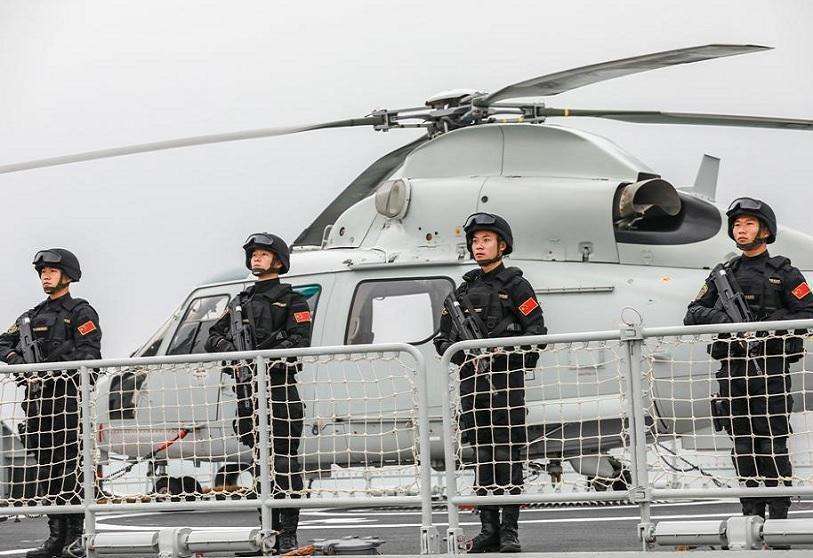
They have therefore pledged to "monitor its military actions" in the Asia-Pacific region, including its manoeuvres and relations with Russia at a time when Moscow has staged a new invasion of Ukraine.
In this context, Kishida pointed out that "the invasion of Ukraine has led us to reaffirm this commitment so that there will be no unilateral attempts of this kind in the region". He also stressed that "the situation in Taiwan must not change" and added that the allies "stand for peace and stability in the Taiwan Strait", thus showing "full confidence in a response" from the United States in the event of a conflict.
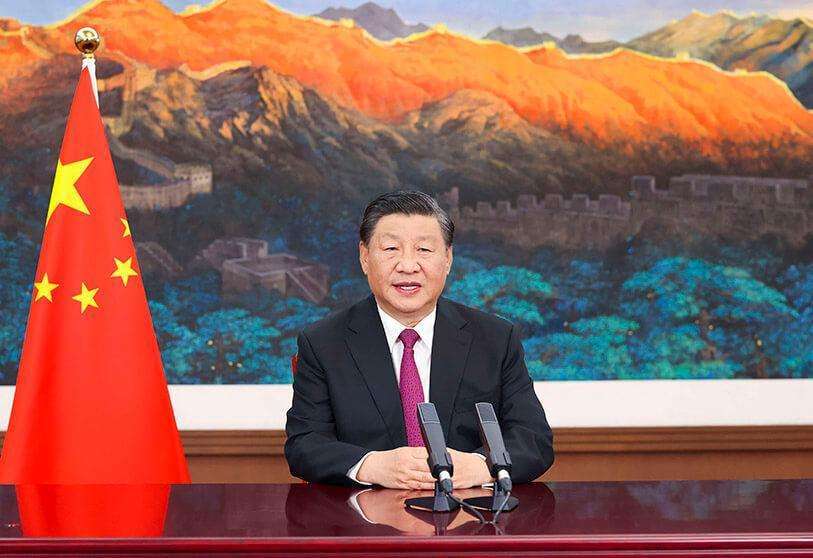
Biden also stressed the importance of "ensuring freedom of navigation in the Pacific" as well as increasing "deterrence capabilities". In this way, Kishida conveyed to the US president his intention to "increase national defence capabilities and budget "to be able to attack enemy bases pre-emptively", a debate that was advocated by the previous Prime Minister of Japan, Shinzo Abe.
In fact, Japan's defence build-up is already a reality. According to the Stockholm International Peace Research Institute (SIPRI), Japan has increased its defence spending by 7.3 per cent, equivalent to some $54.1 billion, the highest annual increase since 1972.
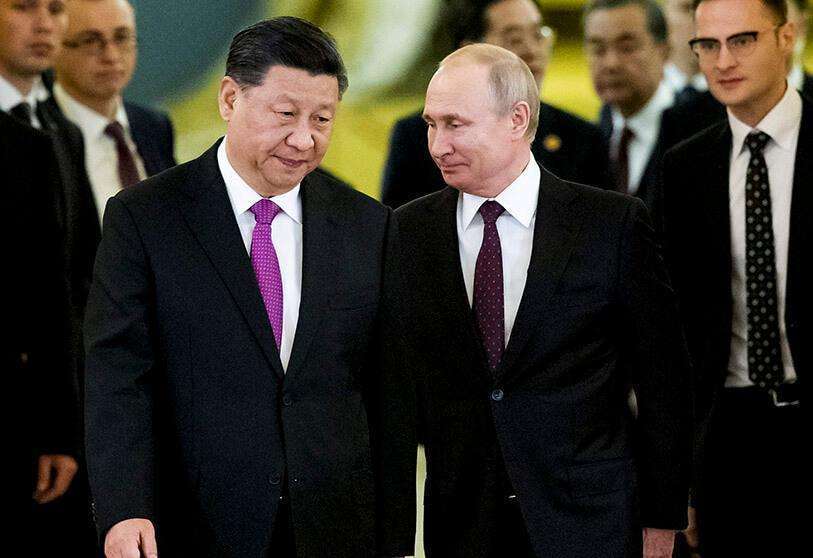
For his part, the spokesman for the Chinese Foreign Ministry, Wang Wenbin, stated in response to this US predisposition that "no one should underestimate the firm determination and will of the Chinese people to defend national sovereignty and territorial integrity".
This position was echoed by Chinese Foreign Minister Wang Yi, who noted that "the so-called Indo-Pacific strategy is, in essence, a strategy of division, inciting confrontation and undermining peace, and will inevitably fail in the end, no matter how it is wrapped up or concealed".
Alongside this, Wang Wenbin concluded by stating that "on issues affecting China's core interests, including its sovereignty and territorial integrity, there is no room for compromise or compromise", a response that demonstrates the points that most distance Beijing and Washington from a possible understanding in a geopolitical area where the interests of both international powers are at stake.
Americas Coordinator: José Antonio Sierra








